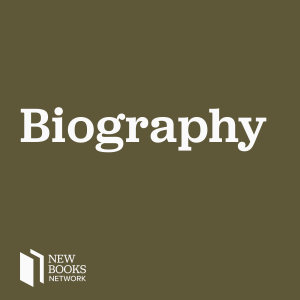
Hans-Lukas Kieser, “Talaat Pasha: Father of Modern Turkey, Architect of Genocide” (Princeton UP, 2018)
 2018-06-19
2018-06-19
As a graduate student, I spent quite a bit of time explaining to people how we needed to pay much more attention to the history of World War One in the East. What I didn’t realize is that we needed to see the war as it appeared from Istanbul just as much or more as we needed to see it from Vienna, Warsaw or Budapest.
Hans-Lukas Kieser has played a critical role in beginning to flesh out our understanding of the war from an Ottoman perspective. His new political biography Talaat Pasha: Father of Modern Turkey, Architect of Genocide (Princeton University Press, 2018) greatly expands our sense of Talaat’s world view and his effort to his vision into place. Kieser highlights the evolution in Talaat’s imagined future in the period before the war, his attempt to use violence to achieve this vision, and the legacy this left for Turkish politics and ideas.
Naturally, the Armenian genocide forms a core part of Kieser’s book. But Kieser sets this genocide into context, explaining the connections between foreign and domestic policy. He argues convincingly that Talaat’s militaristic policies toward surrounding countries are part of a greater whole, in which ethnic cleansing within the Ottoman Empire complemented territorial expansion in the Caucuses. And he argues that Talaat, by abandoning constitutionalism to embrace one-party authoritarian rule and a Social-Darwinist nationalism, set the stage for Mustafa Kemal Ataturk.
Kelly McFall is Professor of History and Director of the Honors Program at Newman University. He’s the author of four modules in the Reacting to the Past series, including The Needs of Others: Human Rights, International Organizations and Intervention in Rwanda, 1994.
Learn more about your ad choices. Visit megaphone.fm/adchoices
Support our show by becoming a premium member! https://newbooksnetwork.supportingcast.fm/biography
More Episodes
Create your
podcast in
minutes
- Full-featured podcast site
- Unlimited storage and bandwidth
- Comprehensive podcast stats
- Distribute to Apple Podcasts, Spotify, and more
- Make money with your podcast
It is Free
- Privacy Policy
- Cookie Policy
- Terms of Use
- Consent Preferences
- Copyright © 2015-2024 Podbean.com






